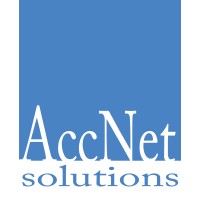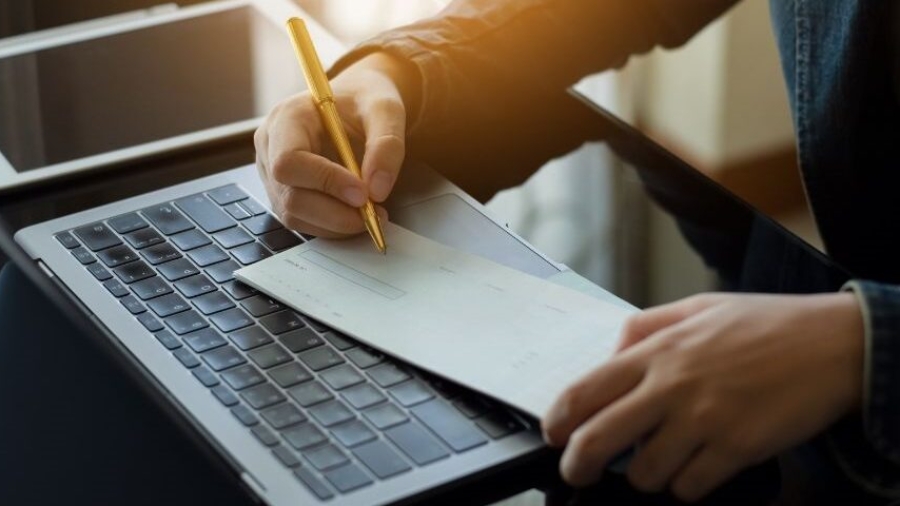Haven’t received a wage from your limited company?
Then you’ve got to read this.
You own a limited company, and even if your business is your baby, you still need to pay yourself enough to keep your life going and ensure you put food on the table.
One of the main differences between being paid by an employer and running your own business is having to sort out how your limited company pays you. Running a limited company gives you more tax efficient ways of paying yourself and this includes a combination of salary and dividends, as dividend payments attract a lower tax rate. You can also pay yourself additional money via pension contributions that are also extremely tax efficient.
But how much do I pay myself?
Wanting a pay is the first need. You still need to decide what to pay yourself. That number needs to strike a balance between your household/personal requirements and your business needs.
What would the business need:
Expenses: Keep a formal list of what you owe and when it’s due so you don’t draw too much from the business at the wrong time.
Rainy day funds: Tuck away some cash to ride out business disruptions. You might keep enough aside to cover 30, 45 or 90-days worth of expenses, for example.
Reinvestment: Hold onto some money for developments and improvements. Someday you’ll want to buy new work tools, try a new marketing idea, or hire a consultant.
What would the household need:
Your household budget needs to cover day-to-day living expenses and debt repayments such as mortgages. Don’t forget to make a plan for insurance and retirement, which your employer may have managed before you ventured out on your own.
Finding a balance:
There will be negotiable items in both the home and business budgets. Be prepared for some give and take – especially during the early days of your business.
How do I pay myself if I run a limited company?
If you are a limited company paying yourself, things work quite differently because you are an employee of the company, even if you are the sole employee.
In this instance, it might help to think of your business and yourself as two separate entities.
If you pay yourself under £486 per month you can be exempt from paying tax, yet if you earn more, then you need to register yourself as an employer at the government website.
From there you’ll receive two letters from HMRC which will include your PAYE and Accounts Office references and your activation code for PAYE online. After this, you will need to set up a payroll. We at AccNet can help you in setting up and running a payroll.
These are the most tax-effective ways you can pay yourself if you own a limited company.
- Paying yourself a salary
Salaries are the starting point for paying yourself from your limited company. To pay yourself a salary, you need to run a PAYE scheme and report to HMRC. Paying a small salary is a starting point of tax efficient remuneration planning.
Paying yourself a salary up to £12,570 (if you have no other income except dividend payments) is covered by your tax-free personal allowance and will be free from income tax, but some national insurance will be due.
If you pay yourself a salary of more than the personal allowance of £12,570, then you will be liable to pay income tax. Salaries are a deductible business expense for the company, so will reduce the amount of corporation tax the limited company will need to pay.
Corporation tax and allowable expenses:
The great thing about paying yourself a salary is that it’s an allowable business expense and will reduce the amount of corporation tax your company will have to pay. (Dividend payments are not an allowable business expense).
As a limited company, you pay Corporation Tax on your profits. However, there are certain allowable business expenses that will reduce the profit and your Corporation Tax bill as well.
Salaries are an allowable expense, so paying yourself a salary will reduce your profit and save the Corporation Tax your company pays.
- Paying yourself via Dividends
If a limited company has made a profit after paying corporation tax, this can be distributed to the shareholders of the company in the form of dividend payments.
Recipients of dividend payments will need to pay tax on their dividends. Depending on the amount of dividend income, you may be eligible for the tax-free dividend allowance.
How dividends are taxed:
You do not pay tax on any dividend income that falls within your Personal Allowance (the amount of income you can earn each year without paying tax). You also get a dividend allowance each year. You only pay tax on any dividend income above the dividend allowance.
For the 2022/3 tax year, the tax-free dividend allowance is £2,000. This means that you won’t have to pay any tax on your first £2,000 of dividend income each tax year.
Working out tax on dividends:
How much tax you pay on dividends above the dividend allowance depends on your Income Tax band.
Tax band |
Tax rate on dividends over the allowance |
|
Basic rate |
8.75% |
|
Higher rate |
33.75% |
|
Additional rate |
39.35% |
To work out your tax band, add your total dividend income to your other income. You may pay tax at more than one rate.
Can I pay myself a dividend every month?
There aren’t any rules on how often dividends are paid out to shareholders. So, you can pay yourself a dividend whenever you like. However, it’s good practice to pay these monthly or quarterly. As long as you have sufficient profits to pay the dividends.
Keep your dividend and salary payments separate just to provide a clear audit trail.
Just keep in mind when paying dividends to yourself and other shareholders the dividend tax rates and thresholds above to minimise tax.
- Tax efficient pension contributions
Your limited company can make pension contributions on behalf of their directors and employees.
There are limits to how much an individual can contribute to a pension. An individual’s pension annual allowance is usually £40,000 per tax year. Unused allowances from the previous three tax years can also be used.
The pension contributions (paid by the company) are also corporation tax deductible, reducing the company’s corporation tax payable.
This makes pension contributions a very tax efficient way to pay yourself from company profits.
And there you have it…
We have discussed the question – how can I pay myself from a limited company and given you some tips on how to make it tax-efficient.
However, it should be stressed that the figures quoted represent the optimal solution from a tax point of view, but they need to be tempered with reality. That is, how much you need to take out of your company to cover your cost of living and how much you feel your hard work is worth.
Regardless of what you decide to pay yourself, there are complex areas of tax which we can help you with. Call us on +44 2070973767 when you’re comfortable to discuss and we will be there to help you every step of the way.



